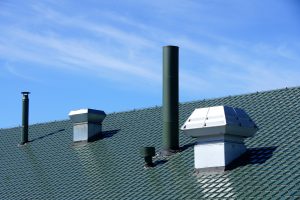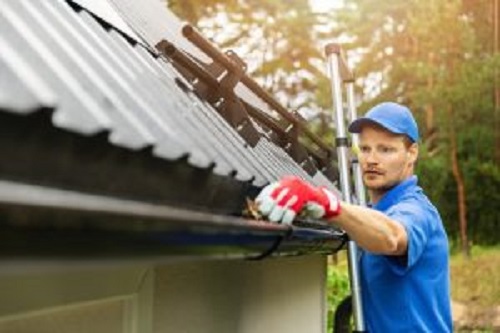
Living roofs, also known as green roofs or vegetated roofs, are innovative and sustainable design features that bring numerous benefits to buildings and the environment. By incorporating vegetation on rooftops, living roofs can improve energy efficiency, reduce stormwater runoff, enhance biodiversity, and create aesthetically pleasing spaces. In this article, we will explore the concept of living roofs and discuss essential care practices to ensure their long-term health and functionality.
Understanding Living Roofs
Living roofs consist of a layered system designed to support plant growth on the roof of a building. Typically, a living roof consists of a waterproofing membrane, root barrier, drainage layer, growing medium, and vegetation. There are two main types of living roofs: extensive and intensive.
Extensive living roofs are lightweight and feature low-maintenance vegetation, such as sedums and grasses. They require minimal irrigation and are suitable for buildings with limited load-bearing capacities. Intensive living roofs, on the other hand, support a more diverse range of plants, including shrubs, trees, and even small gardens. They require more intensive maintenance and irrigation but offer greater opportunities for recreational use and biodiversity.
Caring for Living Roofs
Proper care is crucial to maintain the health and longevity of living roofs. Here are some essential care practices:
- Irrigation: Watering is crucial, especially during the establishment phase of a living roof. The watering frequency and duration will depend on the climate, season, and plant selection. Irrigation systems, such as drip irrigation or rainwater harvesting, can help provide adequate moisture while minimizing water wastage.
- Weed Control: Regular inspection and weed control are essential to prevent invasive plant species from taking over the living roof. Hand weeding, mulching, and occasional herbicide application (if necessary) can help manage weed growth effectively.
- Fertilization: Living roofs may require periodic fertilization to provide essential nutrients for plant health. Using slow-release organic fertilizers is recommended to minimize leaching and promote sustainable nutrient cycling.
- Pruning and Trimming: Regular pruning and trimming of plants on living roofs are necessary to maintain their desired shape, prevent overgrowth, and promote healthy growth. Pruning should be done selectively and with care to avoid damaging the waterproofing membrane.
- Inspections and Maintenance: Regular inspections are crucial to identify and address any potential issues promptly. Inspections should include checking for leaks, damaged vegetation, drainage problems, and ensuring the integrity of the roofing system. Maintenance tasks may include repairing or replacing damaged components, cleaning gutters, and removing debris.
- Collaboration with Professionals: It is advisable to work with professionals experienced in living roof maintenance. They can provide valuable guidance, conduct specialized inspections, and offer expertise in specific care requirements for your living roof.
Living roofs offer an array of benefits, including improved energy efficiency, reduced stormwater runoff, increased biodiversity, and aesthetic appeal. By following proper care practices, such as irrigation, weed control, fertilization, pruning, regular inspections, and seeking professional guidance when needed, homeowners and property managers can ensure the long-term health and functionality of living roofs while contributing to a more sustainable and environmentally friendly future.
For regular roof inspections and maintenance, Call Florence Roofing Pros Today!
Florence Roofing Pros
Florence, SC 29501
(843) 773-4787
http://florenceroofingpros.com
Serving: Lake City, Marion, Darlington, Hartsville, Florence


